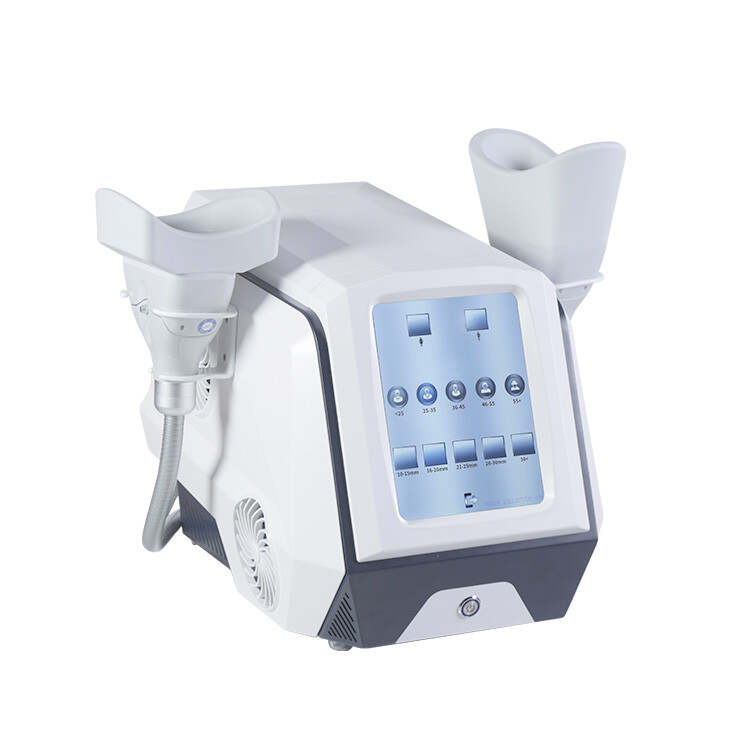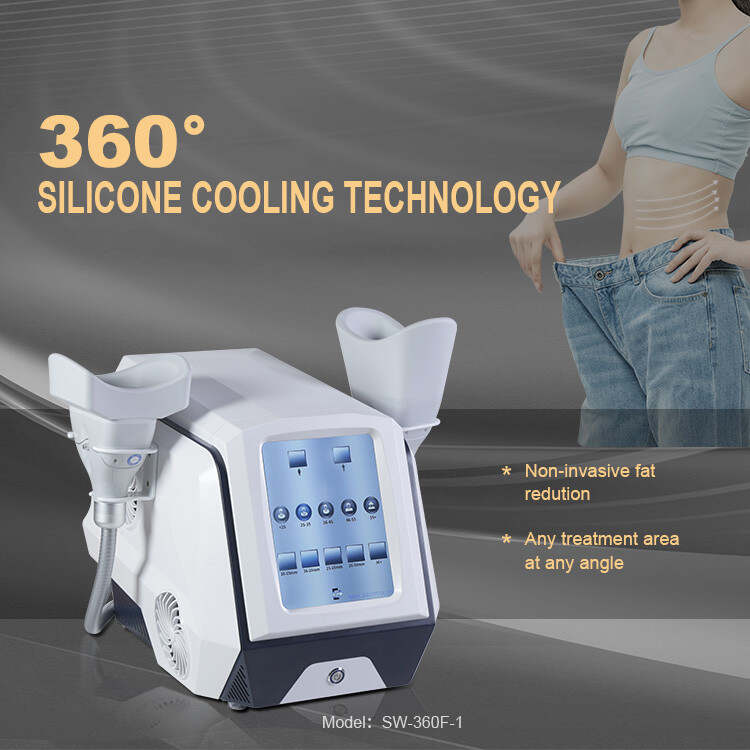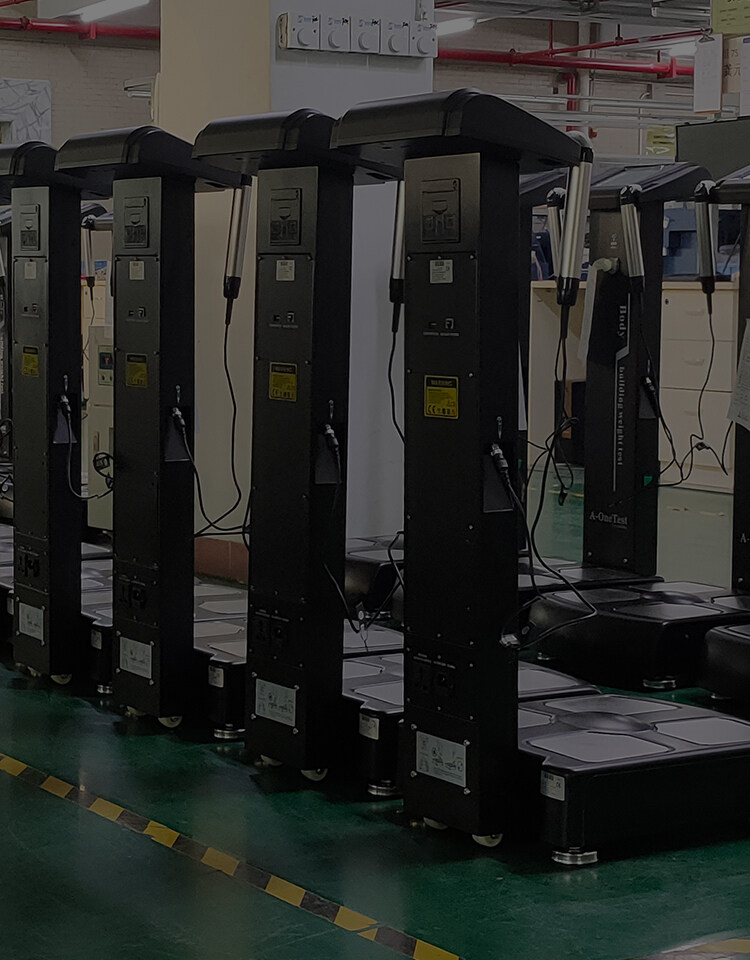Email format error
Email cannot be empty
Email already exists
6-20 characters(letters plus numbers only)
The password is inconsistent
Email format error
Email cannot be empty
Email does not exist
6-20 characters(letters plus numbers only)
The password is inconsistent

References and Information of China OEM skin care machine and other beauty devices
We are a one-stop OEM beauty & skincare certified GMP manufacturer based in China, get more news of beauty devices.

How Does Fat Freezing Machine Work?
Fat freezing, medically termed cryolipolysis, has emerged as a popular non-invasive procedure aimed at reducing localized fat deposits. This technique leverages the principle that fat cells are more susceptible to cold temperatures than surrounding tissues, enabling targeted fat reduction without surgical intervention.
Mechanism of Fat Freezing
The process of cryolipolysis involves several key steps:
-
Application of Cooling Technology: A specialized fat freezing machine applies precisely controlled cooling to a targeted area, reducing fat temperature to the point of crystallization without affecting skin or muscles.
-
Cellular Breakdown: The cooling triggers apoptosis, or programmed cell death, in fat cells. These damaged cells become nonfunctional.
-
Elimination of Fat Cells: Over the subsequent weeks, the body's lymphatic system processes and eliminates the dead fat cells, leading to a gradual reduction in the thickness of the fat layer in the treated area.
Efficacy and Results
Clinical studies have demonstrated that fat freezing can result in an average fat reduction of more than 25% in the treated area after one or two sessions. This percentage is significantly higher than other popular methods for body contouring.
However, individual results may vary based on factors such as the area treated, the individual's body composition, and adherence to a healthy lifestyle post-procedure.
Safety and Side Effects
Cryolipolysis is generally considered safe, with a low incidence of serious complications. Common side effects include temporary redness, swelling, bruising, and numbness in the treated area, typically resolving within a few days to weeks. However, a rare but notable side effect is paradoxical adipose hyperplasia (PAH), where the treated fat cells enlarge rather than break down, leading to a firm, enlarged mass under the skin. This condition may require surgical intervention to correct.
Considerations and Recommendations
Before opting for fat freezing, consider the following:
-
Consultation: Seek a consultation with a qualified healthcare provider to assess your suitability for the procedure and discuss potential risks and benefits.
-
Realistic Expectations: Understand that fat freezing is not a weight-loss solution but a body contouring treatment aimed at reducing localized fat deposits.
-
Post-Treatment Care: Adhere to any post-procedure guidelines provided by your practitioner to optimize results and minimize potential side effects.

Conclusion
Fat freezing, or cryolipolysis, offers a non-invasive alternative for individuals seeking to reduce stubborn fat deposits without surgery. While generally safe and effective, it's crucial to be aware of potential risks, such as paradoxical adipose hyperplasia, and to consult with a qualified professional before undergoing the procedure. Maintaining realistic expectations and a healthy lifestyle post-treatment can help achieve and sustain the desired outcomes.

